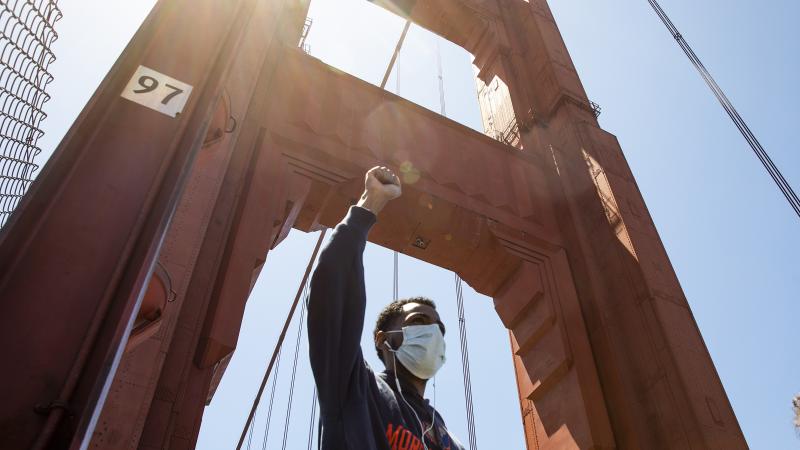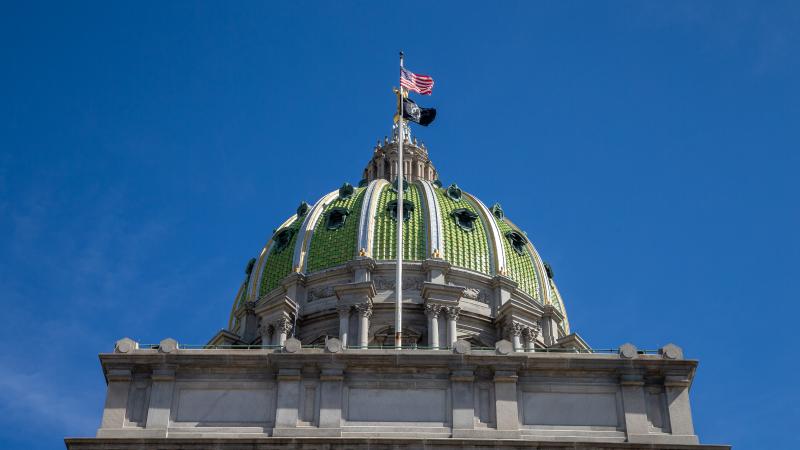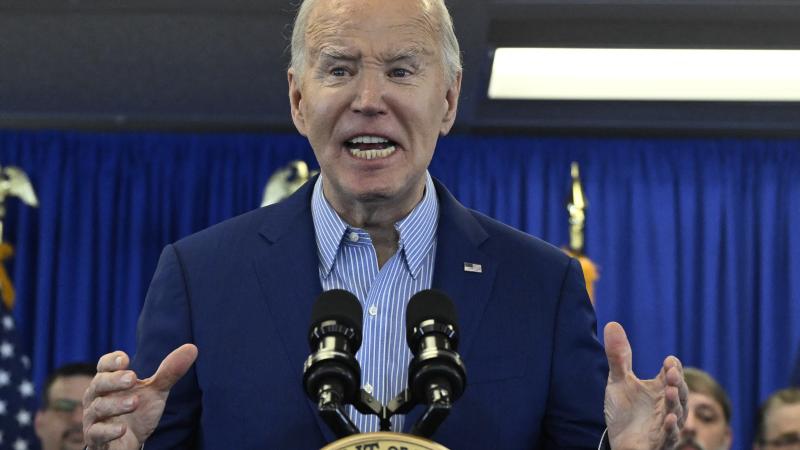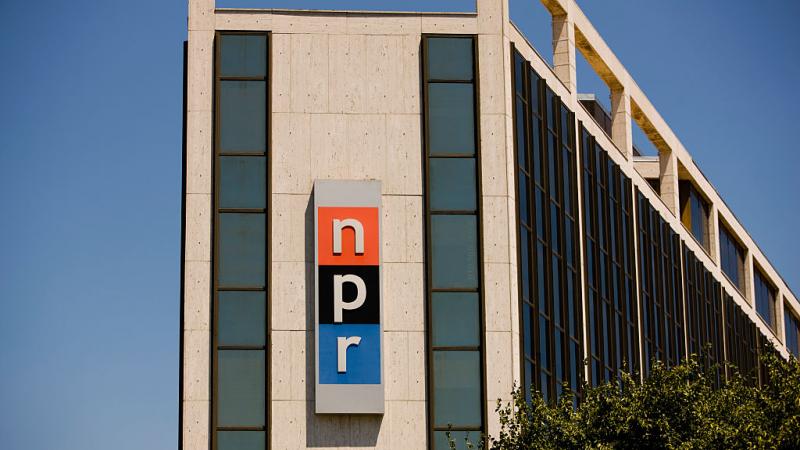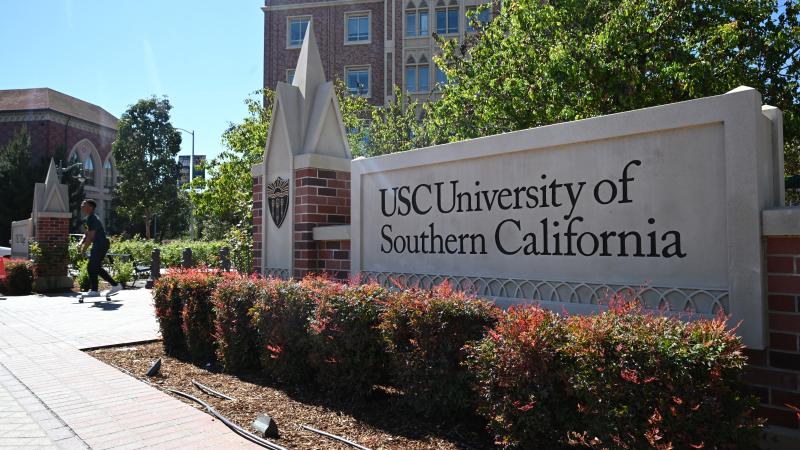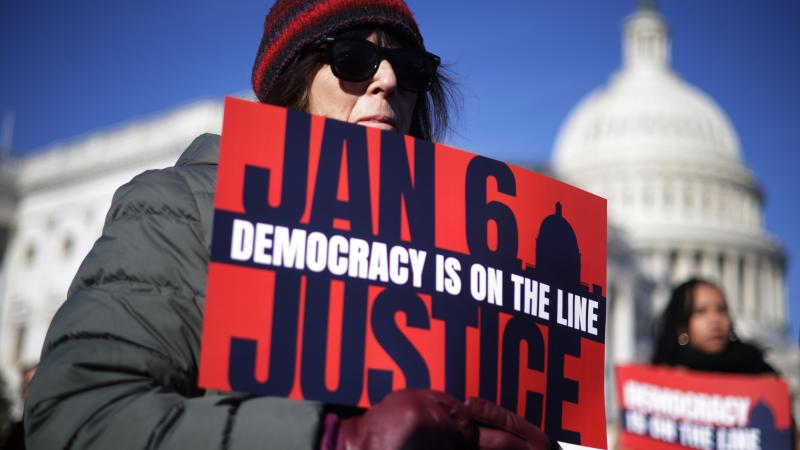State limitations of local taxing bodies create challenges, Pew research says
Localities may require additional flexibility to address any long-term challenges associated with the COVID-19 pandemic, according to Pew researcher.
(The Center Square) -
Localities, including Iowa, may require additional flexibility to address any long-term challenges associated with the COVID-19 pandemic, a researcher with The Pew Charitable Trusts told The Center Square.
Officer, Fiscal & Economic Policy, Alexandria Zhang is researching state fiscal health at the public policy nonprofit, which published a report July 8 that outlined three ways states can help localities improve budget flexibility and resiliency.
"People are placing a lot of emphasis on the influx of federal aid, which is certainly going to help both states and localities on the short-term impacts — on the economy, on revenue, but it's important to remember that those funds are still one-time assistance and so will not address these underlying problems that may be occurring for local governments, some of which we highlight in our report," Zhang said.
Following a literature review and interviews with state and local officials and experts, researchers recommended states provide this flexibility through temporary additional policy allowances during "extraordinary fiscal challenges" such as recessions and natural disasters, permitting localities' tax revenue to grow during economic recovery, and providing more long-term flexibility, perhaps by providing financial aid to support costly state mandates.
States' revenue caps can hinder localities' preparation and recovery from recessions and their management of public employee pension obligations and healthy reserves. Local governments might turn to using debt instead of cash for capital expenses.
"When revenue declines — as it tends to do during an economic downturn — certain limitations on local taxation can keep revenue from fully rebounding, leaving it at an artificially low level even as the economy grows," the report said. "This so-called 'ratchet-down' effect can continue to damage a locality's revenue base over multiple cycles of economic recession and expansion."
Zhang noted uncertainty of how the pandemic will impact the country in the long term, including how the populace will operate business.
"Depending on how those things unfold, local governments could be seeing potential revenue risks down the road," Zhang said.
Any impact on the commercial real estate market might impact a locality's property tax base, for example, she said.
Reassessing the goals of tax limits states impose on localities may be worthwhile, she said.
"If the goal is to reduce the tax burden, then it may make a lot more sense to, for example, pursue homestead exemption or targeted relief measures rather than restrict local government revenue as a whole, which, like we point out, has caused significant challenges for certain localities," Zhang said.
According to a Pew analysis of 2017 U.S. Census Bureau data, Iowa's localities receive 82% of tax dollars from property taxes, while 10% come from total general sales tax, 0% come from individual income taxes, and 8% come from other taxes.
The Iowa Constitution requires local governments have state authorization to levy taxes, and the electorate typically can authorize changes to the taxes.
In Iowa, local governments can impose a cumulative school district income surtax for all income surtaxes of no more than 20% of an individual's state income tax liability. They can levy emergency medical services income surtaxes. Local option sales tax rates are 1%, and local option hotel and motel tax rates are limited to 7%. They both typically carry the same exceptions as the state's versions of those taxes.
Without reinvestment districts, cities and counties have to use at least 50% of the taxes for "recreation, convention, cultural, or entertainment facilities or for the promotion and encouragement of tourist and convention business in the city or county and surrounding areas."


